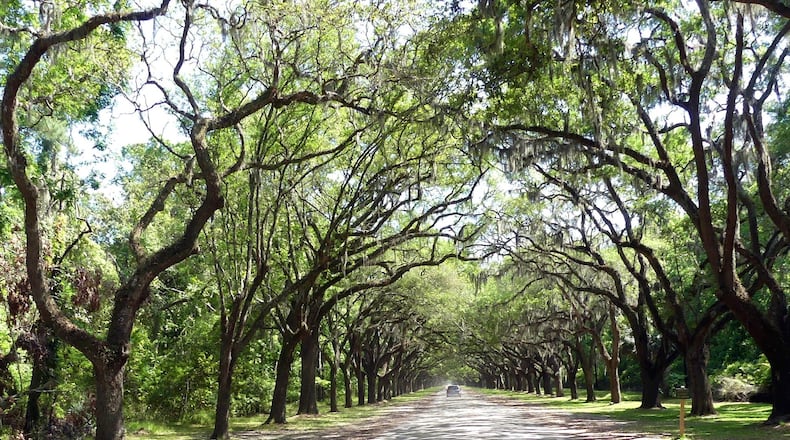Savannah is the fifth city in the state to commit to developing a plan to achieve 100% of its energy from clean or renewable sources. The coastal city joins Atlanta, Athens, Augusta and Clarkston, each of which has previously made a similar commitment.
>> READ MORE: Homeowners play a role in Atlanta’s Clean Energy Plan
The decision, made by teleconference, comes as the state braces against COVID-19 with the governor’s order to stay at home at least until mid-April. The pandemic has in some ways served as a wake-up call.
“The coronavirus is reminding us that the most vulnerable among us hurt the most when disaster strikes,” said Dr. Mildred McClain, executive director of the Harambee House, an environmental justice organization. “This new approach to energy means we can combat climate change and work to redress historical inequities in our community that have hurt frontline and fenceline neighborhoods for decades.”
Georgia’s coastal cities are some of the most vulnerable to the impacts of climate change. Sea level rise and storm surge, environmental equity and the green economy are high on the list of concerns for Savannah residents, said Kevin Ionno, chair of the Climate Reality Project, Coastal Georgia Chapter.
Over time, Ionno said, the commitment to clean energy will bring green jobs, pollution reduction and lower energy costs to the residents who need it most.
Members of the public were invited to listen in to the city’s teleconference meeting, said Nick Deffley, director, City of Savannah Environmental Services and Office of Sustainability.
City Council members, the majority of whom are new, voted unanimously to approve the resolution that calls for the city to meet 100% of electricity needs using clean and renewable sources by 2035. Interim targets include achieving 30% clean energy by 2025 and 50% by 2030. The city is currently at about 6% clean and renewable electricity.
>> RELATED: Georgia universities offer lessons in clean energy
The community would meet the broader 100% clean energy goals, which include transportation, heating and more, by 2050. Officials are working to develop a clean-energy action plan within 18 months.
“The resolution is the easy step,” Deffley said. “Now the hard work begins.”
About the Author
Keep Reading
The Latest
Featured



